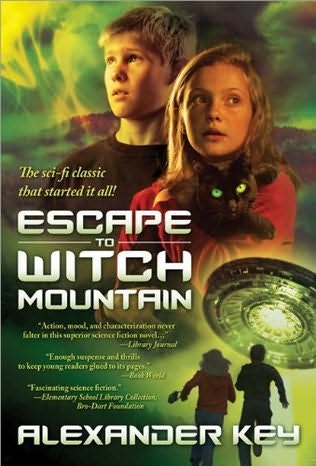SDG here with some follow-up thoughts on conscience, sparked by comments in the last combox. A reader writes:
The proper formation of one’s conscience is at the heart of all the hypotheticals. Personally, I don’t know if I could count on my own conscience without lining it up with the Church’s teachings.
Yes indeed, proper formation of conscience is crucially important. However, the authority of a poorly formed conscience is just as absolute as that of a well-formed conscience. However well or poorly one’s conscience may be formed, one is always absolutely bound to follow one’s conscience, that is, one’s last best judgment of what one ought to do. If a man has a dreadfully formed conscience, he may be led to do dreadful things. But to go against one’s one’s last best judgment of what one ought to do, to do what one believes is wrong, is the essence, the very form, of sin.
Note what this doesn’t mean: It doesn’t mean privileging your own sense of a particular issue over the voice of authority, whether the word of God, the Magisterium, or lesser authorities like parents, government leaders or social consensus. It does mean that when you have listened to all relevant authorities and arguments, taking everything into account, whatever you believe in the end you ought to do is what you must do.
If a person holds a moral opinion contrary to Magisterial teaching, it would certainly be well for him if his conscience, however flawed, were at least well-formed enough for him to conclude, “Even though my own sense of the issue is very far from what the Church says, and I really can’t see the reasoning behind it, at the same time I do believe that the Holy Spirit guides the Church, and that tells me that I ought to listen to the Church even though I don’t understand.” In that case, his conscience — his last best judgment of what he ought to do — tells him to listen to the Church, and that is what he ought to do.
However, suppose his conscience is so poorly formed that he thinks, “I’d really like to be able to trust the Church here, but I just can’t. I think the Church is wrong, and I can’t do what the Church wants me to without violating my conscience.” That is certainly a disastrous conclusion — but, having reached that conclusion, as long as he remains in that faulty opinion, for him to follow the Church anyway (say, out of timidity, social pressure or for some other reason) would be to go against his conscience, and thus to formal sin. Given his faulty reasoning, he must obey the voice of his conscience, even though this means disobeying the Church and committing material sin.
Of course it would be better for him to correct his faulty reasoning at least enough to conclude that it probably makes more sense to trust the Church than his own sense of the issue. Better still, he should correct his conscience enough to understand and assent to the Church’s teaching on the basis of its own intelligibility. Obviously, a better informed conscience will lead you more reliably and safely than a poorly formed one. Doing what you believe is right is no shield against the bad consequences of sinful and destructive actions. But doing what you believe is wrong, pitting the will itself against the good, puts one as far from beatitude as it is possible to be.
Thus, when the reader writes, “I don’t know if I could count on my own conscience without lining it up with the Church’s teachings,” it sounds as if the reader’s conscience tells her that the Church’s teachings must inform her last best judgment of what she ought to do — and if she were to find herself at odds with the Church, she would conclude that she hadn’t yet reached a last best judgment. That’s as it should be.
In other words, if one’s thinking is, “My own sense of the issue is to do X, but the Church tells me to do Y, and in the end I trust the Church more than my own sense of the issue, so I think I should do Y,” then one is not trusting the Church instead of one’s conscience. Rather, one’s conscience tells one to do Y, not X, in keeping with the Church’s teaching.
Lots of people don’t understand this point.





